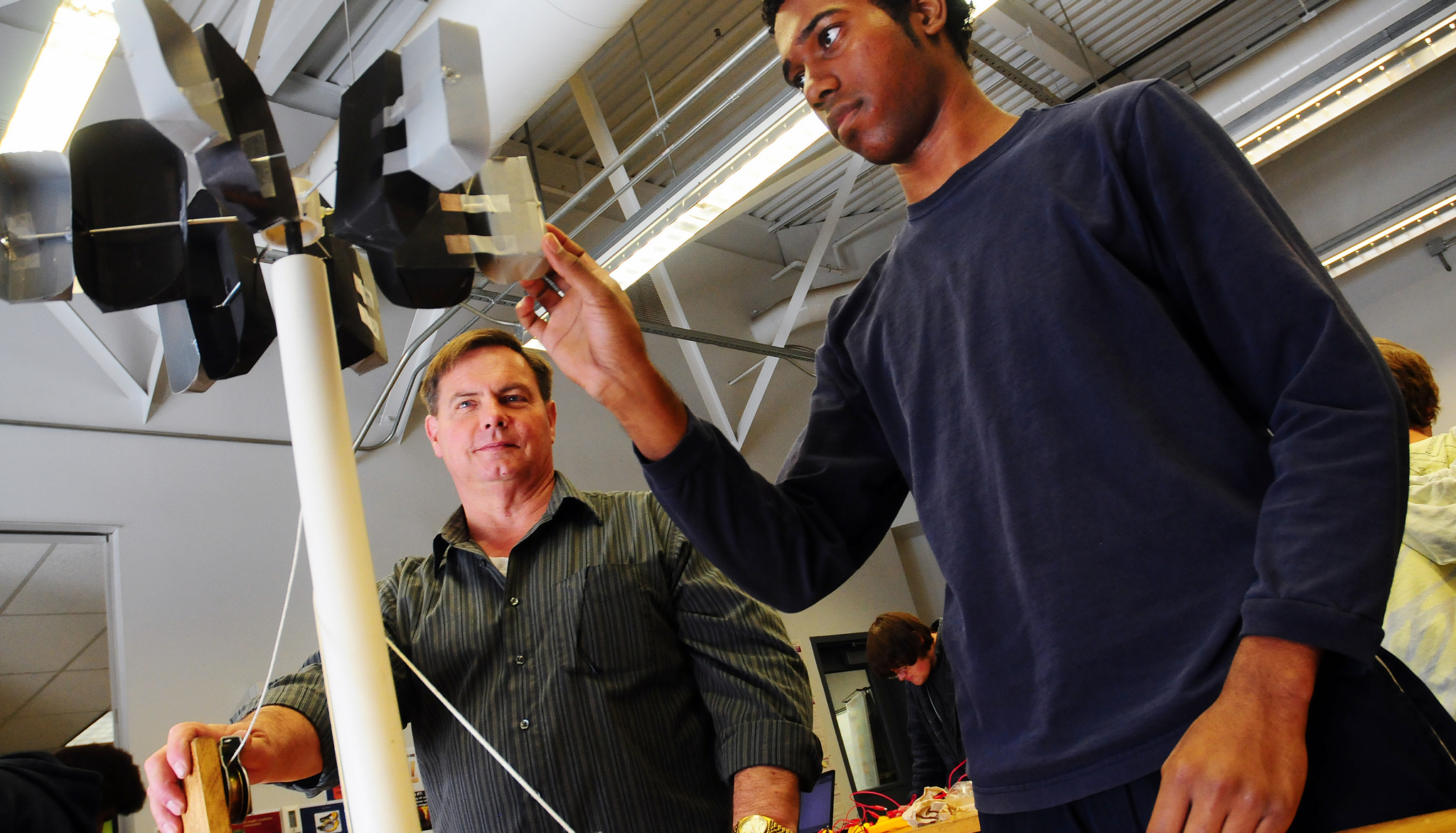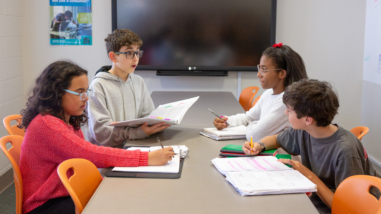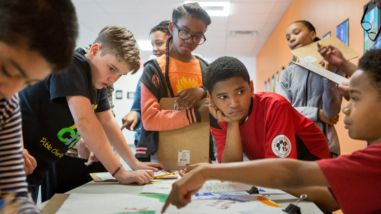For nearly a decade, the Hewlett Foundation’s Education Program has focused its investments on supporting an education system that provides all students the conditions, care, and learning opportunities to flourish in their lives and careers. We recognize that the students farthest from opportunity are often the ones who receive the least resources. Moreover, even when resources—political, intellectual and financial—are made available, they do not include strategies that are developed in ways that honor and reflect the needs of the students they seek to help.
The Hewlett Foundation and our grantees are not immune to issues of diversity, equity and inclusion (DEI). In fact, through action and inaction, we are at times complicit. Our grantees want to be better at addressing DEI. However, many have indicated they do not necessarily have the capacity to do that as effectively as the problem and our collective values demand.
In response, the Education Program came out with an initiative to meet our grantees where they are, with the resources and structures to help them get to where they want to be.
Since the summer of 2016, the Education Program has allocated $1.6 million across 22 organizations to support their efforts to improve internal DEI practices. We have combined this grantmaking initiative with a DEI Organizational Effectiveness Learning Community—a facilitated opportunity in which both the Hewlett Foundation and this set of grantees can share, listen and learn from one another.
If organizations, including the Hewlett Foundation, are able to incorporate the tenets of DEI in our culture, strategies, staff, and leadership, we will be better equipped to work toward equitable outcomes in the field.
These internal DEI projects have a taken a variety of forms. One grantee, for example, produces research to inform the local stakeholders who influence and impact student outcomes. However, they recognized that their current strategy includes no processes or structures for directly engaging families as an audience or key source of input and learning. They used their OE grant to design and implement a family engagement strategy—one in which staff go out and meet families where they are.
Another grantee found itself during a challenging period of change and transition, including organizational changes, acquisitions, and a staff that has recently grown exponentially in size and demographic diversity (age, race, sexual identity, and gender). Their leadership prioritized the need to create a culture that was more inclusive and worked with a consultant to conduct a thorough review of their entire suite of HR practices, from recruitment and hiring to team building, performance management, and organization-wide learning. They ended the year with a set of concrete recommendations to begin implementing next year.
Some of the lessons we have learned so far include:
- There is a great deal of enthusiasm, even though the details and dynamics of this work are complex and uncertain. In Year 1 and Year 2 of our proposal process for this grant program we invited all of our active deeper learning grantees to apply. In each round, nearly half or more responded with a vision for DEI, a narrative outlining why this work was important to them, and detailed descriptions of the projects and outcomes they hoped to pursue. For many of our grantees this work has been a priority for a long time; for others this is important, but uncharted territory.
- This work is ongoing and can be meaningful but also frustrating. Applying and maintaining a DEI lens internally tends to illuminate deeper, more nuanced and complicated challenges. The challenges themselves and the values they represent are meaningful, even though designing solutions and dealing with the consequences is difficult. As a result, out grantees have appreciated the resources, flexibility, and prioritization that receiving a grant has afforded them.
That said, we are still trying to answer a number of questions, such as:
- How and to what extent is the organizational effectiveness grantmaking approach – starting with internal culture to eventually affect an organization’s external work – a useful framework for supporting grantees to adapt and respond to DEI challenges in the field?
- To what extent has participation in this program supported or empowered grantees to begin making DEI an integral component of their ongoing operations?
- What measurable changes have occurred for grantees that did or did not receive an OE grant?
Where will all this work take us? We’re eager to find out. At the least, 2018 will bring us more opportunities for learning and more avenues to continue deepening our commitment to a more equitable education system.




